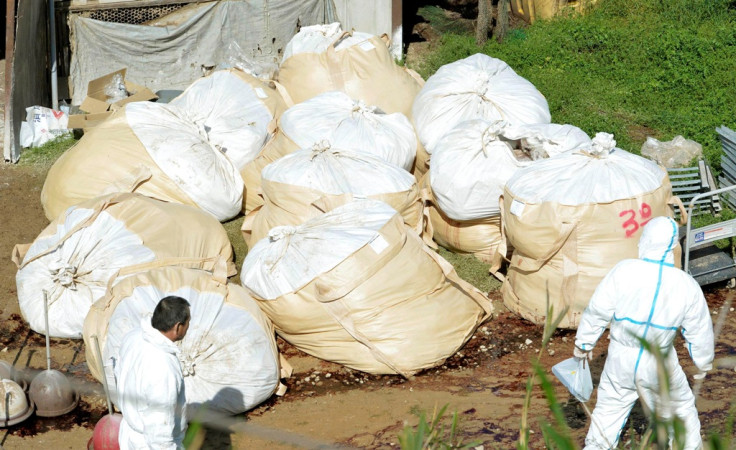Japan Curbs Chicken Shipments Following Bird Flu Outbreak

Japan has curbed the shipment of almost 400,000 chickens in the Kumamoto prefecture in the south following the nation's first occurrence of bird flu in three years.
The restrictions will be lifted in early May if the outbreak is contained, an Agriculture Ministry official, Yoshihiro Kawada, told Bloomberg.
About 112,000 chickens will be slaughtered by local authorities on 14 April, media reports said. Japan began culling on 13 April after the discovery of the H-5 avian influenza virus that killed over 1,000 chickens at a farm in Taragi town, in the prefecture.
Japan breeds 260 million chickens for eggs and meat. Bird flu affects mostly birds but has been known to infect humans too.
However, there is believed to be no risk of the virus infecting humans through the consumption of chicken eggs or meat, Agricultural Ministry official Tomoyuki Takehisa told Reuters.
Korea and China Outbreaks
In neighboring South Korea, authorities have butchered about 11.9 million ducks and chickens as of 30 March, according to the nation's agriculture ministry.
Poultry demand tanked some 70% following the outbreak of the H5N8 avian influenza virus in January, South Korea said in February 2013.
Elsewhere, Chinese authorities arrested a man in February for spreading rumours about the deadly H7N9 bird flu pandemic that emerged in the country last year.
The man, named Zhou, allegedly posted online that a pregnant female doctor and her unborn baby died after she contracted the virus in the Hubei Province.
The spread of the H7N9 virus among poultry in markets in China's Guangxi Province has increased the risk of the virus spreading to neighbouring countries, posing a greater human health risk, the United Nations' Food and Agriculture Organization (FAO) said on 5 February.
South Korea has not reported any cases of the H7N9 strain, which has killed people in China. Nor have there been any reported cases of H5N8 in people.
In late January, South Korea even imposed a 12-hour lockdown on fowl farms in the provinces of Gyeonggi, North and South Chungcheong, after culling over 640,000 chickens. The lockdown restricted the movement of animals, people and vehicles.
In the earlier bird flu outbreak in Japan, spanning November 2010 through March 2011, authorities culled 1.83 million chickens across 24 farms in nine prefectures.
© Copyright IBTimes 2025. All rights reserved.






















